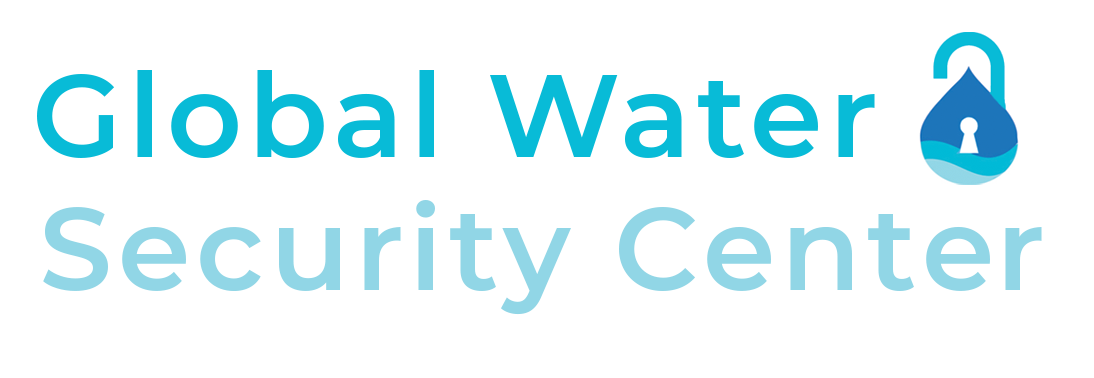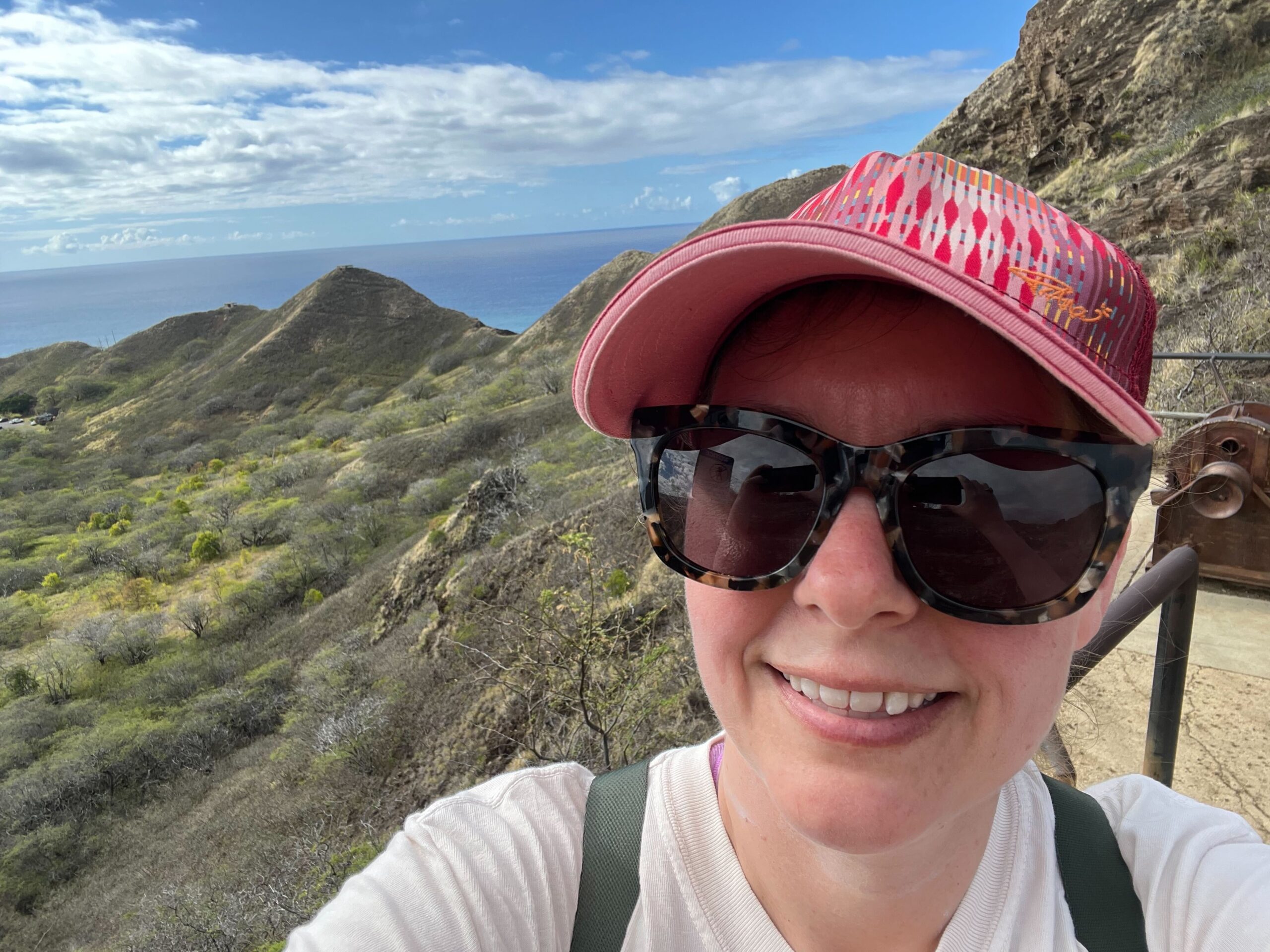This opinion article was written by Human-Environmental Analyst Dr. Penelope Mitchell.
ʻAʻohe pau ka ‘ike i ka hālau hoʻokahi is a Hawaiian saying that means not all knowledge is learned in one school. I’ve found I really appreciate that sentiment as a theme of this year’s American Association of Geographers (AAG) meeting in Honolulu, Hawaii.
In years past I’ve attended AAG as a graduate student, actively participating in quantitative and critical research in human and health geography. This year I attended as an ambassador of GWSC and presented about our work, which maintains a strategic level focus.
With this transition, I found I was interacting with the meeting in different ways than in the past. While it required a little getting used to, I’m realizing this nudging into new and different research areas presents many opportunities for growth.
This year I found myself attending a greater breadth of presentation topics and interacting with more specialty groups. I was inspired by the reciprocal, community-engaged scholarship presented at the presidential plenary where Aurora Kagawa-Viviani spoke about water access and severe contamination from the Red Hill spill in Hawaii. Melanie Malone discussed soil contamination in community gardens in Seattle.
In all of these situations the absence of data has been deployed as a method of obfuscation. The community-engaged research helped create methodologies and data to shed light on the pathways to impact and unveil different populations’ levels of exposure and adaptation.
The Cultural and Political Ecology Specialty Group led me to a talk about water protests in Iran’s Zagros region and the Hazards, Risks, and Disasters group hosted water-conflict scholar Tobias Ide’s talk on disasters and armed conflict dynamics. I mention just some of the talks I attended, but overall, I left with an excitement to operationalize some of this new knowledge in GWSC products.
Wearing the GWSC hat, I feel encouraged to learn from multiple schools and specialties. Attending conferences such as AAG allows one to keep a finger on the pulse of geographic-related research. I learned about expanding research groups such as how the Household Water InSecurity Experiences Research Coordination Network (HWISE-RCN) is transitioning to the Water InSecurity Experiences (WISE) Community of Practice (CoP) within the AAG organization.
The WISE CoP is AAG’s first CoP and as such is aiming to continue to support water insecurity research and collaboration in a robust, long-term way. I also picked up a tip that the International Studies Association conference is a great place to go to interact more with water and conflict scholars.
It’s fantastic to be a disciplinary boundary spanner for GWSC and to learn from other scholars who push the bounds of conventional narratives, as we at GWSC continue to dive into water security problems that rarely are what they seem to be at the surface.

